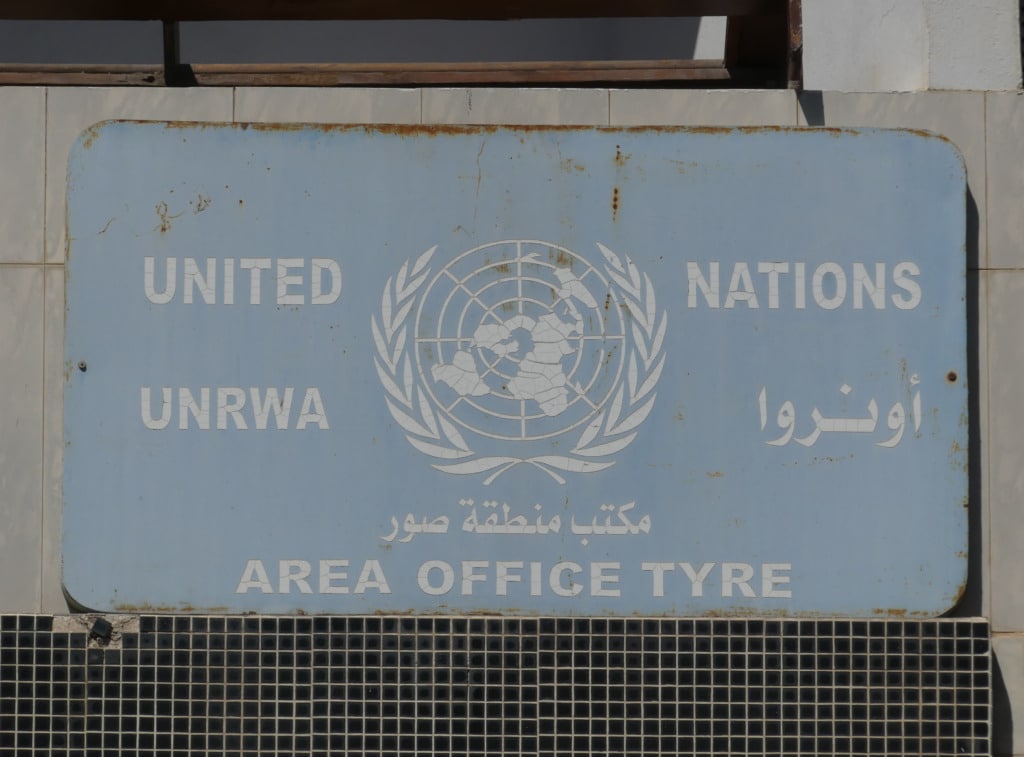Interlocutory Appeals and State Sponsors of Terrorism
In a decision only lawyers could love, the Second Circuit held on September 3, 2024, that it lacked appellate jurisdiction over an interlocutory appeal by the Republic of Sudan brought in a multidistrict litigation (MDL) arising out of the terrorist attacks of September 11, 2001. The key issue is when the state-sponsored terrorism exception to…
Continue ReadingChoice of Law in Terrorism Cases Redux
On September 16, 2024, the U.S. District Court for the District of Columbia (Senior Judge Richard J. Leon) decided Messina v. Syrian Arab Republic. This case is the latest in a long series brought by victims of state-sponsored terrorism in the District of Columbia. In a pair of prior posts, I argued that the courts’…
Continue ReadingThe U.S. Takes the Fight Against Bribery to Foreign Officials—Take Two
Last December, Congress quietly enacted a landmark law—the Foreign Extortion Prevention Act (FEPA)—which threatens foreign officials with jail time if they solicit or take bribes from American companies, foreign companies listed on exchanges in the United States, or any person present in the United States. On July 30, 2024, Congress discreetly amended the statute… before…
Continue ReadingWestern Seizure of Russian Central Bank Assets Risks Sparking Global Pushback
As fighting between Russia and Ukraine continues to drag on, Kiev’s backers are taking steps to confiscate Russian central bank assets frozen in the West. Whether it is legislators advocating for such a move, governments exploring potential mechanisms or authorizing leaders to seize assets belonging to the Russian Federation, momentum is building. Doing so may…
Continue ReadingFuld and Waldman Plaintiffs Seek Supreme Court Review
TLB has followed the Second Circuit’s decisions holding unconstitutional the Promoting Security and Justice for Victims of Terrorism Act of 2019 (PSJVTA) and denying an en banc rehearing in Fuld v. Palestine Liberation Organization and Waldman v. Palestine Liberation Organization over a strong dissent by Judge Steven Menashi. As predicted, the plaintiffs recently filed a…
Continue ReadingVictims of Hamas sue UNRWA
Victims of the October 7, 2023, attacks by Hamas have sued UNRWA USA, a Delaware non-profit that provides aid for Palestinians in Gaza. The case is one of several involving the war in Gaza, including one filed by residents of Gaza against the Biden administration and one brought by victims of Hamas against the National…
Continue ReadingVictims of Hamas Bring Suit Related to Campus Protests
Victims of the October 7, 2023, attacks by Hamas have sued two U.S. organizations for violating of Anti-Terrorism Act and the Alien Tort Statute. The nine plaintiffs – U.S. and Israeli citizens – allege that defendants serve as a “propaganda machine,” one that intimidates and recruits “impressionable college students to serve as foot soldiers for…
Continue ReadingSecond Circuit Denies Rehearing En Banc in Fuld v. PLO
Last week, the Second Circuit denied rehearing en banc in Fuld v. Palestinian Liberation Organization, an important personal jurisdiction decision that TLB has previously covered here, here, and here. The denial prompted a dissent by Judge Steven Menashi, joined in whole or in part by three other judges, which in turn prompted a concurrence by…
Continue ReadingThe Challenges of Suing Under JASTA
Foreign states may be sued in the United States only to the extent permitted by the Foreign Sovereign Immunities Act (FSIA). Over the years, Congress has amended the statute to create several exceptions to immunity for terrorism-related lawsuits, especially for those brought against states designated as “state sponsors of terrorism.” But only a very small…
Continue ReadingIt Is Harder Than It Looks to Sue State Sponsors of Terrorism
Rotem and Yoav Golan were injured in a 2015 terrorist attack in Israel when an assailant deliberately drove his car into a crowd of people. The Golans and their family sued Iran and Syria for various torts and for aiding and abetting a terrorist attack. Judge Trevor N. McFadden of the U.S. District Court for…
Continue Reading






